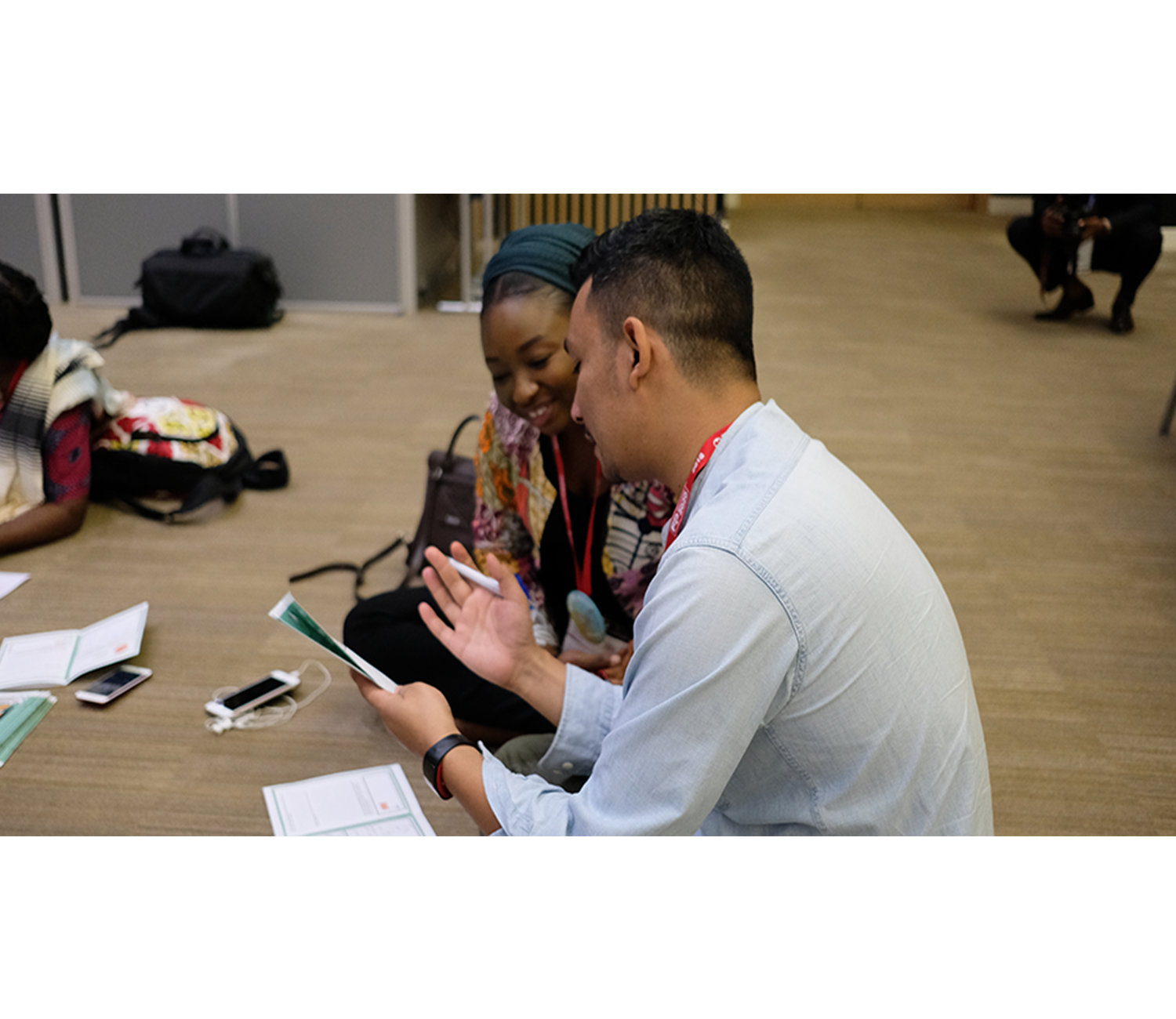Form partnerships to strengthen programmes
COLLABORATE
Partnerships are key to expanding HIV prevention programmes. Government, UN organizations, donors, businesses, and civil society organizations - including youth networks - can work together to reach more young people more efficiently with HIV prevention services.
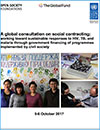 A global consultation on social contracting: Working toward sustainable responses to HIV, TB, and malaria through government financing of programmes implemented by civil society
A global consultation on social contracting: Working toward sustainable responses to HIV, TB, and malaria through government financing of programmes implemented by civil society This report discusses existing models of social contracting in nine countries, and the challenges, lessons learned and next steps to promote government uptake of social contracting.
Open Society Foundations, Global Fund, UNDP, 2017
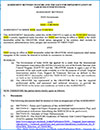 Agreement between NGO/CBO and the State AIDS Control Society (SACS) for implementation of targeted interventions
Agreement between NGO/CBO and the State AIDS Control Society (SACS) for implementation of targeted interventions Template for a social contracting agreement between a government entity and a civil society organization, to implement a government-funded programme.
National AIDS Control Organisation, India, 2016
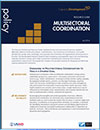 Multisectoral coordination: Resource guide
Multisectoral coordination: Resource guide Defines multisectoral coordination and describes the key capabilities required for it, both for individuals and organizations.
USAID, 2014
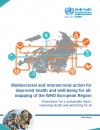 Multisectoral and intersectoral action for improved health and well-being for all: Mapping of the WHO European Region
Multisectoral and intersectoral action for improved health and well-being for all: Mapping of the WHO European Region Based on case examples from 36 countries, this report discusses how multisectoral collaboration is triggered, the range of policy areas covered by collaboration, and the issues raised and lessons learned from implementation.
WHO, 2018
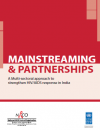 Mainstreaming & partnerships: A multi-sectoral approach to strengthen HIV/AIDS response in India
Mainstreaming & partnerships: A multi-sectoral approach to strengthen HIV/AIDS response in IndiaThis report describes the strategy of the Government of India to form partnerships among 26 government ministries, civil society and the private sector to reduce HIV risk, improve access to prevention and care services and social protection, and to reduce stigma.
National AIDS Control Organisation, India, 2013
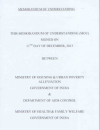 Memorandums of Understanding on mainstreaming of HIV
Memorandums of Understanding on mainstreaming of HIVThese three MoUs outline how the respective ministries of the Government of India will mainstream HIV prevention into their policies and programmes.
Ministry of Housing and Urban Poverty Alleviation
Ministry of Labour and Employment
Department of Empowerment of Persons with Disabilities
National AIDS Control Organisation, India, 2013-2017
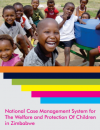 National case management system for the welfare and protection of children in Zimbabwe
National case management system for the welfare and protection of children in Zimbabwe A framework for a system to streamline and coordinate children's access to services for social welfare, social protection, justice and health. It provides standard operating procedures and associated forms, details on case conferencing, and a list of the roles and responsibilities of various ministries.
Ministry of Public Services, Labour and Social Welfare, Zimbabwe, 2017
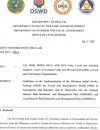 Joint memorandum circular on minimum initial service packet for sexual and reproductive health in emergencies and disasters
Joint memorandum circular on minimum initial service packet for sexual and reproductive health in emergencies and disasters Guidelines issued by four government departments on their roles in integrating sexual and reproductive health services into disaster risk reduction and management protocols.
Government of the Philippines, 2017
 Stepping Up, Stepping Out: Best practices on economic empowerment for sex workers
Stepping Up, Stepping Out: Best practices on economic empowerment for sex workers A selection of economic empowerment initiatives developed around the world as part of the Stepping Up, Stepping Out project, implemented by Aidsfonds with sex worker organizations, and backed up by sex-worker led research. It includes results, practical tips and lessons learned.
Aidsfonds, 2016
